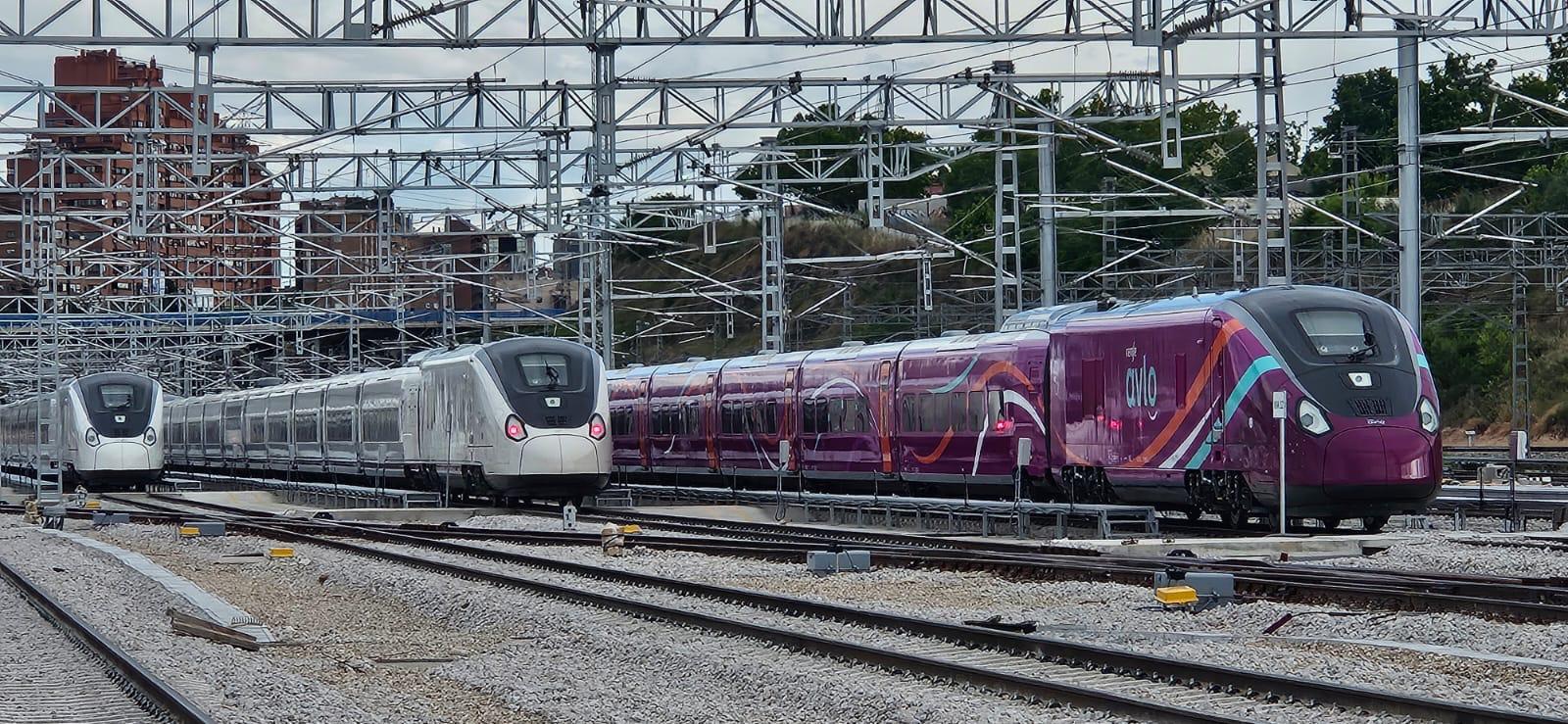EU Member States may miss out on significant funding for railway upgrades as the deadline for the Recovery and Resilience Facility (RRF) approaches, according to UNIFE Director General Enno Wiebe. The European rail supply industry association warns that delays in project implementation could result in forfeited financial support, impacting infrastructure development, fleet renewal, and digitalization efforts.

The RRF, established in 2021, provides up to EUR 650 billion in grants and low-interest loans to support economic recovery and long-term investment. A substantial portion of this funding is allocated to sustainable mobility projects, with over half directed toward rail at both urban and mainline levels. However, Member States must submit their payment requests to the European Commission by August 2026, leaving limited time to meet the required milestones.
Some countries, including Italy, Spain, France, and Romania, have already allocated billions in funding to modernize their rail networks. Italy, for example, has committed EUR 29 billion to high-speed rail expansion, new rolling stock, and the European Rail Traffic Management System (ERTMS). Other nations have invested in rail infrastructure, urban transport, signaling, and digitalization.
Despite these efforts, UNIFE has raised concerns about the challenges of implementing rail projects within the RRF’s tight timeline. The complexity of railway developments often results in long planning and construction phases, making it difficult for some Member States to meet the funding criteria on schedule.
The European Commission is working with governments to adjust project milestones and ensure access to allocated funds. However, with the next EU budget set to apply performance-based funding rules across multiple programs, there is growing pressure to ensure realistic timelines for rail investments.
UNIFE emphasizes that securing these funds is essential for job creation, economic growth, and the development of a more competitive and sustainable European rail network. The organization remains engaged with the European Commission and other stakeholders to address implementation challenges and maximize the potential benefits of RRF-backed rail projects.
Share on:



